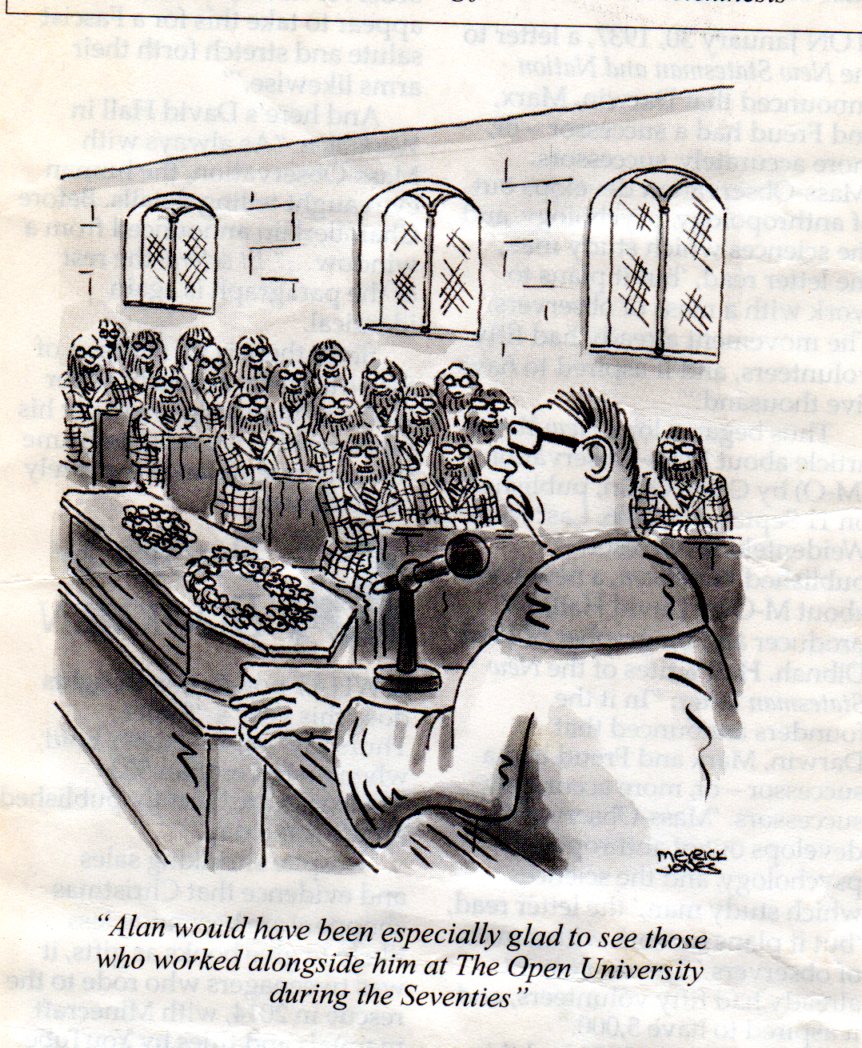The film "Three Identical Strangers" was shown on the television a few days ago. It has been in my thoughts ever since, mainly because it was a moving film in its own right but also partly as an example of dubious ethical behaviour in terms of research.
The film is a documentary about triplets who had been separated as babies and adopted by three families. The families did not know that they were triplets. One of the triplets found out about one of the others by going to College and encountering many people who thought they knew him because one of his brothers had been to the same College the year before. They got in touch and this made the news and the third brother recognised that they looked like him and contacted his brothers so they found each other.
At first, all seemed to be "happily ever after". The brothers seemed to get on well, appeared on television programmes and opened a restaurant. However, there then became tensions between them as it was apparent that they might look very similar but were actually different in key wells. They also met their birth mother and there were some hints of something worrying as one of them reported that like many young men they could handle a lot of alcohol but their mother could keep up with them in etrms of "holding her drink".
Then, the flm turned even darker as it became clear that they had been separated for the purposes of research. They had each been placed with a well off, middle class and relatively poor family and were monitored to see the effects of this background. The families who adopted them were not told that this was happening and so did not give consent.
The story gets even murkier ethically. There were other twins who were being separated and monitored and it seems that they all had birth mothers with mental illness so this seemed to be another focus of the resarch. The word "seemed" is used because the aims of the research were not clarified and even some of the staff working on the research project did not know what the research was aiming to find out. One of the triplets committed suicide and it is not clear if there is a link between his life circumstances and him taking his own life.
The remaining brothers tried to find out about their records but these were confidential. After a long struggle they have got access to redacted records but it is still difficult for them to find all the details about what the data means.
There are a variety of ways in which this research was unethical. These include:
- flouting the principle of doing no harm. Children were exploited and there was perhaps an expectation that there might be a genetic link to poor mental health
- they were separated into social categories rather than being placed with families that were best for their interests. At least one of the parents stated that they would have adopted all three of the brothers given the opportunity
- they did not give informed consent
- they did not have access to their records.

